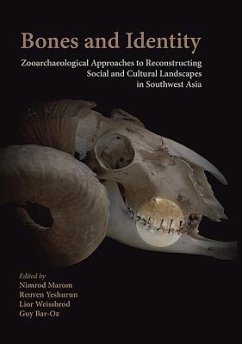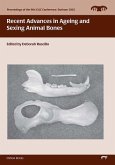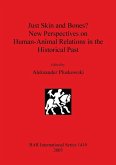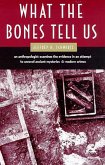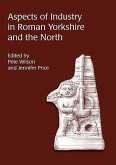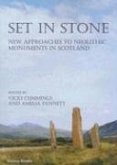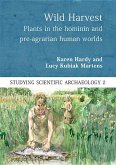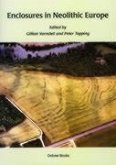Seventeen papers demonstrate how zooarchaeologists engage with questions of identity through culinary references, livestock husbandry practices and land use. Contributions combine hitherto unpublished zooarchaeological data from regions straddling a wide geographic expanse between Greece in the West and India in the East and spanning a time range from the latest part of the Palaeolithic to the Middle Ages. The vitality of a hands-on approach to data presentation and interpretation carried out primarily at the level of the individual site ¿ the arena of research providing the bread and butter of zooarchaeological work conducted in southwest Asia ¿ is demonstrated. Among the themes explored are shifting identities of late hunter-gatherers through interactions with settled agrarian societies; the management of camp sites by early complex hunter-gatherers; processes of assimilation of Roman culinary practices among Egyptian elites; and the propagation of medieval pilgrim identity through the use of seashell insignia. A wealth of new data is discussed and a wide variety of applications of analytical approaches are applied to particular case studies within the framework of social and contextual zooarchaeology. The volume constitutes the proceedings of the 11th meeting of the ICAZ Working Group - Archaeozoology of Southwestern Asia and Adjacent Areas (ASWA).
Hinweis: Dieser Artikel kann nur an eine deutsche Lieferadresse ausgeliefert werden.
Hinweis: Dieser Artikel kann nur an eine deutsche Lieferadresse ausgeliefert werden.

